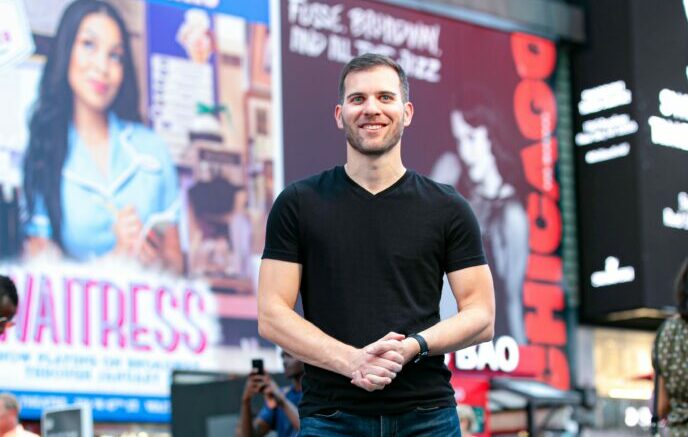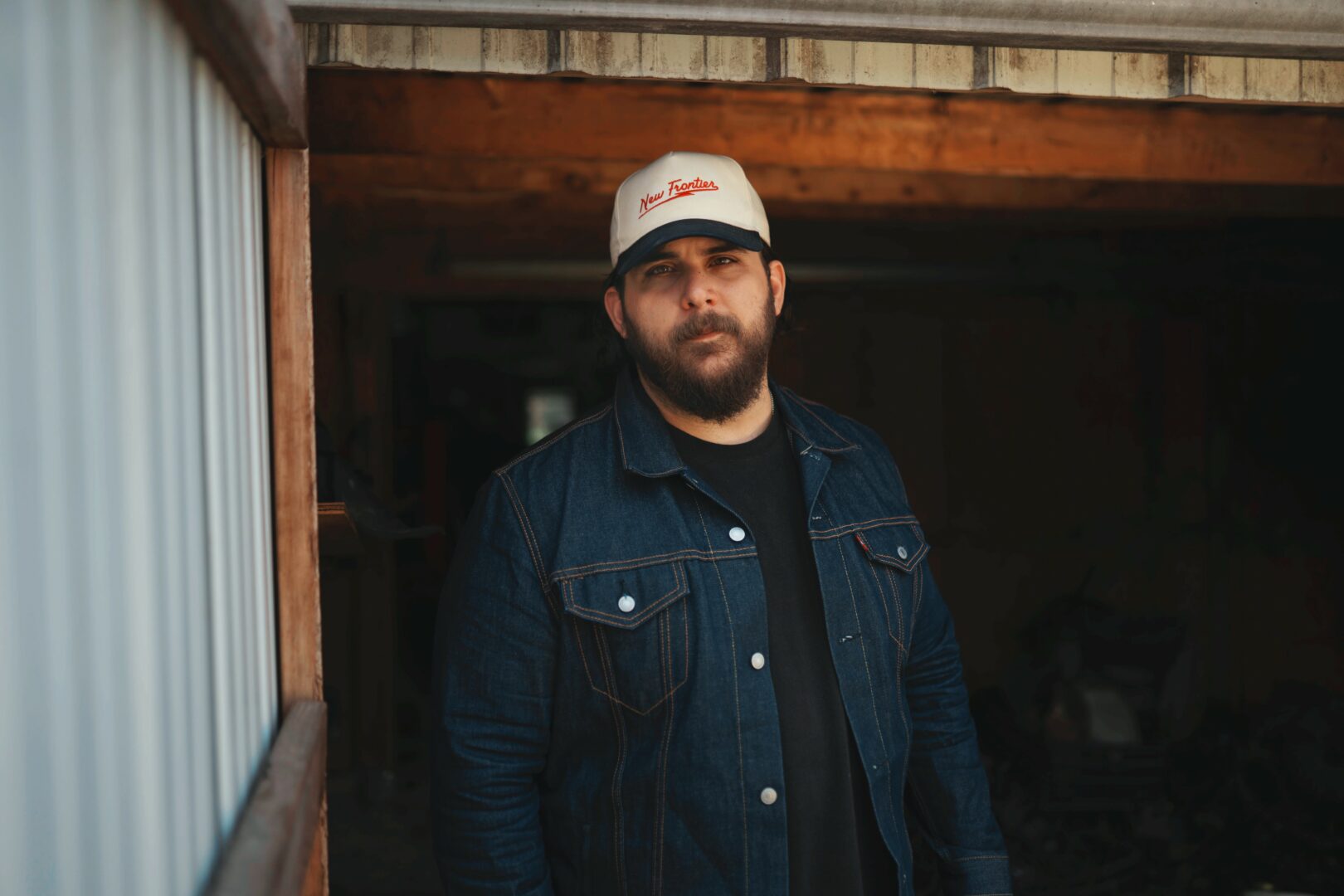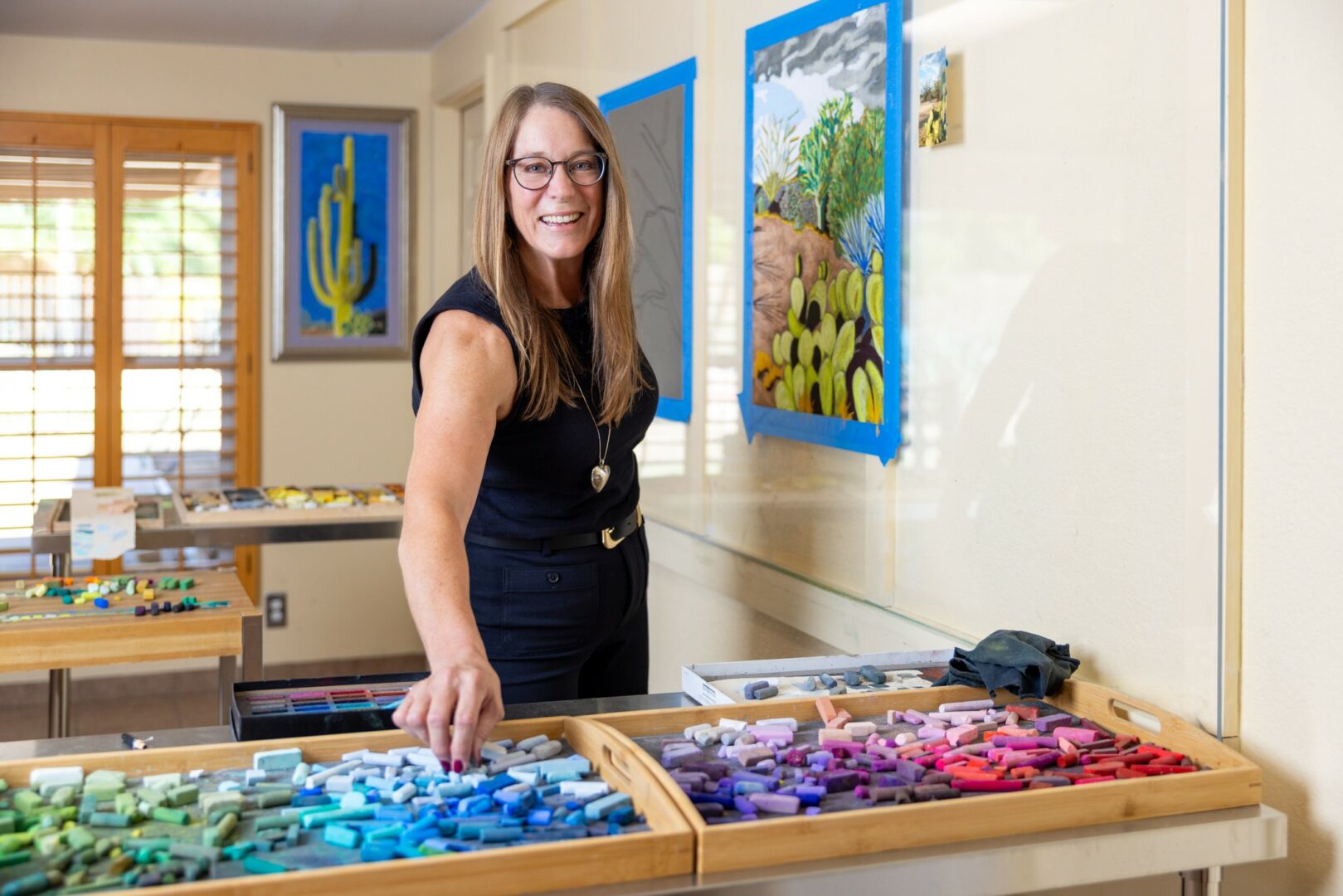We were lucky to catch up with Stacy Ross recently and have shared our conversation below.
Hi Stacy, so great to have you on the platform. There’s so much we want to ask you, but let’s start with the topic of self-care. Do you do anything for self-care and if so, do you think it’s had a meaningful impact on your effectiveness?
As a mother of a child, now adult, with mental illness self-care has always been a critical ingredient to my well-being and effectiveness both personally and professionally. In fact, it is one of the main topics I speak about as a mental health advocate.
I call it my coping toolbox. One I’ve put together over many years, taking out various tools as the situation dictates. Personally, these tools get me through the most difficult times, help me to recover, and ultimately find the best way to move forward. Professionally, it is self care that helps me stay focused, remain disciplined, and be most productive.
You are no good to anyone else until you take care of yourself is something I find myself repeating over and over to audiences as I discuss the importance of self-care in mental wellness. For so many self-care is intuitively selfish, and instead we see ignoring our own health and wellness as heroic or somehow selfless. In actuality, it is through self care that we become the best version of ourselves and are best able to take care of and serve others.
Over the years I’ve put together a large toolbox of my own coping skills, some physical, some emotional, and still some in-between. Some I use regularly and some are reserved for the most dire of crises. It’s taken years to find the right balance and it is constantly evolving. In fact, part of my own self care is to be open to new methods as I continue to age and have new experiences.
Here’s a sampling of what is in my Personal Self-Care Coping Toolbox
Physical
These are the more common, regularly suggested approaches to self care that I practice. I try to do some form of physical exercise first thing in the morning every day. It clears my mind and makes me feel like I’ve done something for myself no matter what the rest of the day brings.
Running
I started running during my senior year in college at Cornell. I’d leave our apartment in Collegetown and walk down the famous hills of Ithaca until I reached the flatter route I mapped out. As I ran through fraternity row, I could see the Ivy covered buildings above me and Cayuga Lake far below. The view never got old and I fell in love with my time alone. With each step I felt freer, my thoughts wandering from topic to topic, sometimes working through a problem, other times just letting the wind blow all the thoughts out of my head. Without realizing it I found my biggest coping skill – a meditation in movement. With each stage of my life I have continued running, reserving it for weekends when I was working full time, and substituting the treadmill in the early hours of the morning when the kids were little. I finished two marathons and countless other races, but my favorite running is still my time alone before the day begins giving me time to clear my head, work out any problems on my plate, and plan the day. Whatever happens from that point forward I know I’ve done something for myself.
Yoga
I began practicing yoga over 15 years ago. It helped me find balance at a time in my life when I had none. I treasure my time on my mat and leaving all else behind. I am a certified yoga instructor and at one point owned my own studio. While I used to love the more active, physically challenging practices, today I find taking a slower paced yoga class, with deep stretching and plenty of time for breathing and letting go of all I brought into class is what I need.
Emotional
The rest of my self care routine is based loosely on an acronym I’ve created for talks I give as a mental health advocate. When looking back at my life parenting a child with mental illness, I found the common thread to all the real, long term healing is in fact very simple. It is honesty. It takes being honest with yourself, your family, your loved ones, your colleagues and anyone else in order for you to identify problems and begin to solve them. Without honesty you often find yourself ignoring small problems until they become insurmountable. Honesty is the catalyst for change and redirection.
To break it down further I’ve created an acronym and while some of these are more in line with caring for others, many of them are directly related to my own self care. They are:
H – Honoring your truth. Only by giving air to the problems in front of you can you truly start solving them. This is true over and over again.
O- Owning your situation – this is about advocating. I know my situation best and while I always seek support and advice from experts I rarely give over the final decision.
N – Noticing the details – very often it is easier to ignore a growing issue – personally or professionally. I find that by listening to my inner voice I often head off a crisis or at least am able to deal with it on my terms.
E – Empowering yourself – By becoming an expert in whatever it is you are facing you become more empowered to make decisions. I have done this over and over again while raising my children. With each diagnosis I researched all I could about the illness, the options for treatments, and the resources available at the federal, state and local level. It not only helped us get the best treatment, as a form of self care it felt empowering.
S – Share the burden – This is all about self care. I practice this in so many ways. Through therapy, letting in friends and family, and learning to ask for help. It is a process and one I find myself learning over and over again. Each time I share the burden I lighten my own load leaving room for recovery.
T- Telling Your Story – As a writer it makes sense I use writing as a form of self care. But you don’t have to write a memoir to get the benefits from telling your story. I find writing is one of the most non-judgemental forms of self care. You are telling your story to an empty page – no judgment there! Writing, getting your thoughts and your story on paper is therapeutic on its own and it is also through this that I am able to formulate new, creative ideas.
Y – You Matter – Remembering this is perhaps the most important and the very definition of self care. When I take good care of myself I am the best version of myself. Stronger, healthier, more empathic, energetic and creative. It is on these days I can write for hours finding the right words and proudly sending my publisher completed edits. It is on those days I can answer three phone calls in a row from each of my adult children and calmly help them work through a crisis. And it is on these days I can dig deep, speak with raw honesty about my experience, and keep going to reduce stigma and affect change.

Appreciate the insights and wisdom. Before we dig deeper and ask you about the skills that matter and more, maybe you can tell our readers about yourself?
I am an author, speaker/advocate, and mother of an adult with Borderline Personality Disorder. As a mental health advocate and memoirist I tell the story of my 28 year journey parenting a child with mental illness. My dedication to being honest about my struggles has helped me connect with listeners and I often find them recounting personal experiences for the first time.
In 2020, I stepped away from my marketing consulting business and began to write full-time. Shortly after signing with Inspired Girl Publishing to publish my memoir, I told my story publicly for the first time on the Cornell University Alumni podcast, Cornell Thank U. The overwhelming response from those with similar experiences convinced me I had touched a nerve and uncovered a need. I shifted my focus to speaking and advocacy, determined to give voice to and create a community for parents/caregivers of children and adults with mental illness.
Today, I speak in all size venues and formats to family members, caregivers, students, and health care providers. I am fortunate to have been interviewed on several podcasts, the Mental Health Television Network, and NY1, as well as a guest speaker for SEL (social, emotional learning ) day at Long Branch Public High School in NJ. Most recently, I gave the key note address at NAMI NJ’s Annual meeting entitled “Honesty as the Foundation for Building Strong Boundaries.”
My memoir, Searching for Slippers, due out in January 2025, is the coming of age story of a mom who, in the face of raising a child with mental illness, ultimately finds the peace, happiness, and lightness she was searching for.
My husband Howard and I raised our three children in Fair Haven, NJ where we still live today. I hold a BS from Cornell University, an MBA from the University of Rochester, and am a certified Yoga Instructor.

Looking back, what do you think were the three qualities, skills, or areas of knowledge that were most impactful in your journey? What advice do you have for folks who are early in their journey in terms of how they can best develop or improve on these?
Three qualities skills most impactful on my journey
1) Communication – My interpersonal skills have always been at the crux of any successes I’ve had. Whether my ability to write clearly, speak openly and directly, or listen to others, it is these skills that have been most impactful on building relationships, and relationships are always at the core to progress.
2) Self- Discipline – Being able to stay organized, and finding ways to continue to move on even in the face of crisis has been critical over the years. It’s also helped me maintain my own health and well-being.
3) Resilience – In every aspect of my life I have found accepting criticism, mistakes, and even failures, learning from them, and moving on is critical. This is important both in things that happen that we can’t control as well as things we are able to change.
I would give people early on in their journey advice to learn as much as they can along the way. Be open to every opportunity. Listen. Talk. Don’t discount anyone – teachers and lessons come in many forms. Be a life long learner. It helps guide you and it keeps you fresh! And if you want to do something, go for it. You never know where one opportunity will lead you!

Before we go, any advice you can share with people who are feeling overwhelmed?
When I feel overwhelmed I do several things.
1) I try to identify what is making me feel overwhelmed and figure out a way to resolve it. Sometimes it is just having to do too many things at once and simply chunking it, making a list, and planning it out will get it out of my head and make me feel better. Sometimes it is just digging my heels in and working through it.
2) If that doesn’t work I look to my coping toolbox and try to lessen the feeling. Maybe I need to share the burden and ask for help. Maybe I need a good run to work things out or maybe I need a yoga class to relax and breathe.
3) Lastly, sometimes I just need to take a break, even go to sleep. Those feeling of being overwhelmed are not going away and there is nothing else I can do in the moment and it’s time to end the day. Everything looks better in the morning after a good nights sleep.
Contact Info:
- Website: https://www.stacyrossspeak.com
- Instagram: https://www.instagram.com/stacyrossadvocate/
- Facebook: https://www.facebook.com/stacy.s.ross.1
- Linkedin: https://www.linkedin.com/in/stacy-ross/



so if you or someone you know deserves recognition please let us know here.




